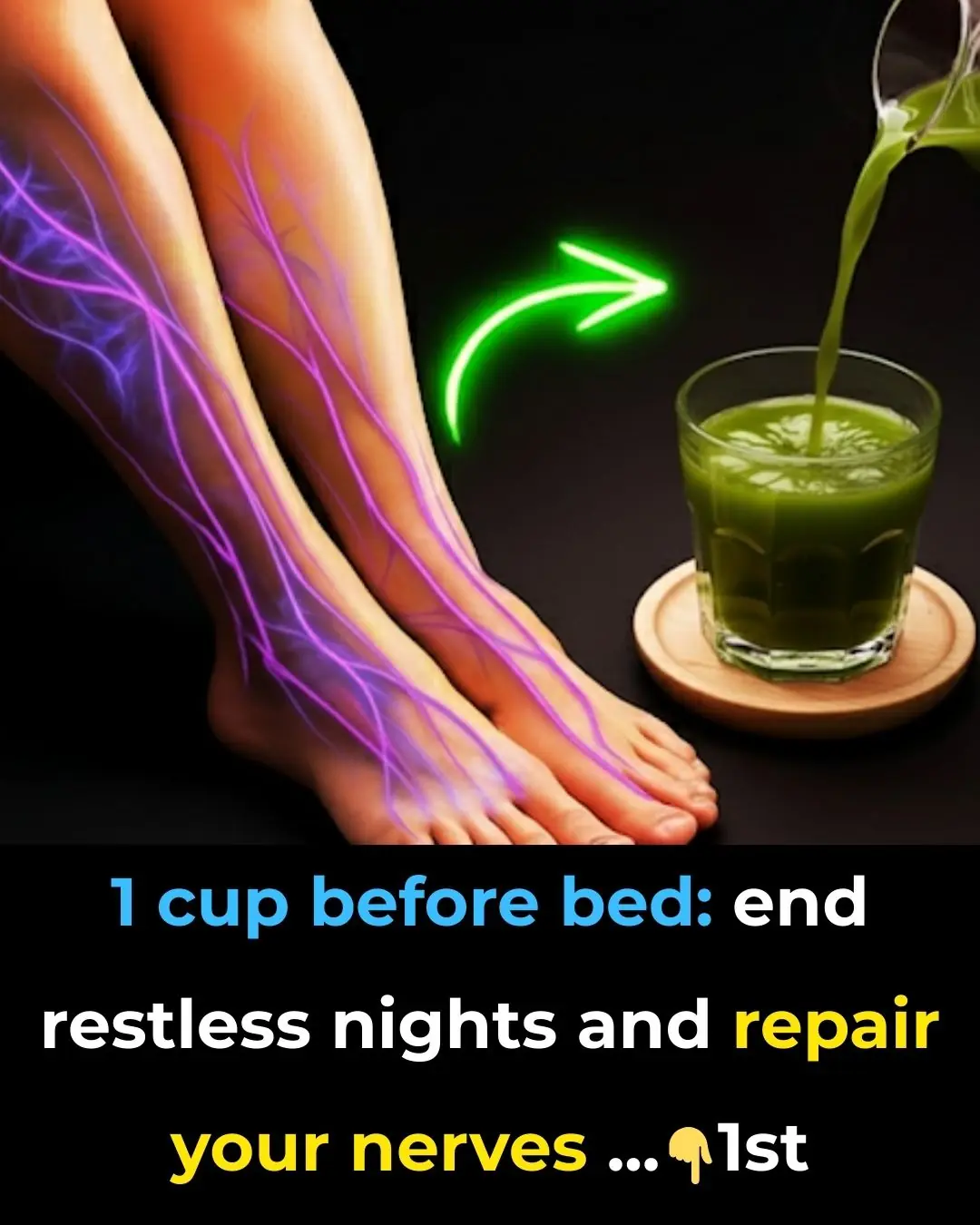
5 foods that heal your body and STARVE cancer—eat these now!

Have you ever wondered whether the food on your plate could actually help your body fight cancer? It’s a question many people ask, especially after receiving a diagnosis. While traditional cancer treatments—like chemotherapy, radiation, and surgery—are essential, there’s a growing body of research suggesting that what you eat can significantly support your body’s natural ability to heal and defend itself.
This article, inspired by insights from physician-scientist Dr. William Li, explores how food can become a powerful ally in your fight against cancer—not as a replacement for treatment, but as an additional layer of support.
📌 The Link Between Food and Cancer: What You Should Know
It’s normal to reflect on what might have caused cancer in the first place. While genetics, environmental exposure, and lifestyle habits all play a role, long-term dietary patterns can influence cancer risk. Although no single food directly causes cancer, some are known to increase your risk over time, especially when consumed frequently.
Understanding which foods to avoid—and which to embrace—can help you take back some control.
⚠️ Foods to Watch Out For

Certain foods have been strongly linked to a higher risk of cancer. Here are some to be cautious about:
1. Processed Meats
The World Health Organization classifies processed meats (such as bacon, ham, sausages, hot dogs, and deli meats) as Group 1 carcinogens, meaning there is strong evidence they can cause cancer—particularly colorectal cancer.
These meats often contain nitrates and nitrites, which can convert into cancer-causing compounds in the body. Eating them occasionally isn’t the end of the world, but regularly consuming processed meats is a known risk factor.
2. Grilled and Charred Meats
Grilling meat over an open flame can create carcinogenic chemicals, including:
-
PAHs (Polycyclic Aromatic Hydrocarbons) – formed when fat drips onto hot flames and smoke rises back onto the food.
-
HCAs (Heterocyclic Amines) – created when meat is cooked at high temperatures.
Both have been linked to various types of cancer, including colon and pancreatic cancer.
🔥 Tips for Safer Grilling
If grilled food is a favorite in your household, don’t worry—you don’t have to give it up completely. Here are some safer grilling tips:
-
Clean Your Grill Thoroughly: Get rid of old char that can harbor cancer-causing residues.
-
Avoid Direct Smoke Exposure: Stand back when flames flare up to avoid inhaling chemical-laden smoke.
-
Marinate Before Grilling: Use marinades with antioxidant-rich ingredients like lemon, vinegar, garlic, turmeric, or ginger to help reduce harmful chemical formation.
-
Grill Less Often: Reserve grilling for special occasions rather than daily meals.
👉 Food as Medicine: Activating the Body’s Natural Defenses

Most traditional medical education doesn’t focus on the role of food in healing, but modern science is changing that. Your body has five key health defense systems—and food can help activate them to fight off disease, including cancer.
The Five Defense Systems Food Can Support:
-
Angiogenesis: Regulates the growth of blood vessels. Cancer cells rely on new blood vessels to grow and spread. Certain foods can block this process, essentially cutting off a tumor’s supply line.
-
Regeneration: Promotes healing and cell repair. After chemotherapy or radiation, foods that support tissue regeneration can help speed up recovery.
-
Gut Microbiome: A healthy gut reduces inflammation and boosts immunity. Your gut bacteria influence everything from metabolism to immune response.
-
DNA Protection: DNA damage is a root cause of many cancers. Some foods help the body repair DNA errors or eliminate damaged cells before they turn cancerous.
-
Immune System: Cancer weakens immunity, and treatments like chemotherapy can further suppress it. Foods that support immunity are vital for recovery and long-term health.
🎯 Real Science: Studies That Show Food Makes a Difference
If you're skeptical, you're not alone—but science backs this up. Here are two real-world examples:
✅ Tree Nuts & Colon Cancer

A study involving 826 people with stage III colon cancer found that those who ate two servings of tree nuts per week had a 57% better survival rate. Tree nuts are rich in healthy fats, fiber, and antioxidants, all of which contribute to a healthier immune response and lower inflammation.
✅ Gut Bacteria & Immunotherapy
In another study, cancer patients undergoing immunotherapy were more likely to respond well if they had Akkermansia muciniphila in their gut microbiome. This beneficial bacteria is known to lower inflammation and improve immune function.
You can encourage its growth by eating:
-
Pomegranates
-
Cranberries
-
Mangoes
-
Chili peppers
-
Chinese black vinegar
🧪 Want to Check Your Gut Health?
Curious about your own microbiome? You can order an at-home gut test, send a stool sample to a lab, and receive a detailed report on your bacterial makeup. It can help you understand what foods might be especially helpful—or harmful—for your gut.
🍽️ 5 Food Strategies to Help Fight Cancer
While everyone’s health journey is different, here are five science-backed food strategies to consider if you’re looking to support your body during cancer treatment and recovery:
1. Starve Cancer with Anti-Angiogenic Foods
These foods help block the blood vessels that tumors need to grow:
-
Tomatoes
-
Soy
-
Green tea
-
Coffee
-
Berries (raspberries, blueberries, blackberries)
-
Oily fish (like salmon, sardines)
-
Red grapes
-
Cruciferous vegetables (broccoli, cauliflower, kale, bok choy)
Bonus Tip: Lycopene in cooked tomatoes is more bioavailable than in raw ones.
2. Target Cancer Stem Cells
Cancer stem cells are the “seeds” that can regrow tumors after treatment. Some foods help suppress or destroy them:
-
Purple potatoes (rich in anthocyanins)
-
Green tea
-
Walnuts and other tree nuts
-
Turmeric (combine with black pepper for better absorption)
3. Strengthen Your Immune System
The immune system is your body’s first line of defense. Boost it with:
-
Broccoli sprouts (contain sulforaphane, a powerful compound)
-
Blueberries
-
Chili peppers (contain capsaicin, which may help kill cancer cells)
-
Garlic (contains allicin, known for anti-cancer properties)
4. Improve Gut Health with Prebiotic Foods
Feed the good bacteria in your gut with high-fiber, polyphenol-rich foods:
-
Lentils and chickpeas
-
Beans (black, white, kidney)
-
Raspberries
-
Avocados
-
Mushrooms (all varieties)
-
Oats and barley
Fun Fact: Just one cup of lentils gives you 15 grams of fiber.
5. Add Probiotic Foods
These live bacteria improve digestion, reduce inflammation, and support immune health:
-
Kimchi
-
Sauerkraut
-
Miso
-
Kefir
-
Plain, full-fat yogurt with live cultures
🛡️ Final Thought: Food Is a Tool, Not a Cure
It’s important to be realistic—food is not a cure for cancer on its own, and it should never replace medical treatment. But when used wisely, nutrition can be a powerful ally in your healing journey. Think of it as adding another layer of defense—like putting on body armor before going into battle.
By making small, consistent food choices, you can:
-
Lower inflammation
-
Strengthen your immune system
-
Help your body heal faster
-
Possibly improve treatment outcomes
You don’t need permission to start making these changes today. You have the power to support your body—one bite at a time.
News in the same category


Preventing Stroke At Any Age: 3 “Don’ts” After Meals—And 4 “Don’ts” Before Bed
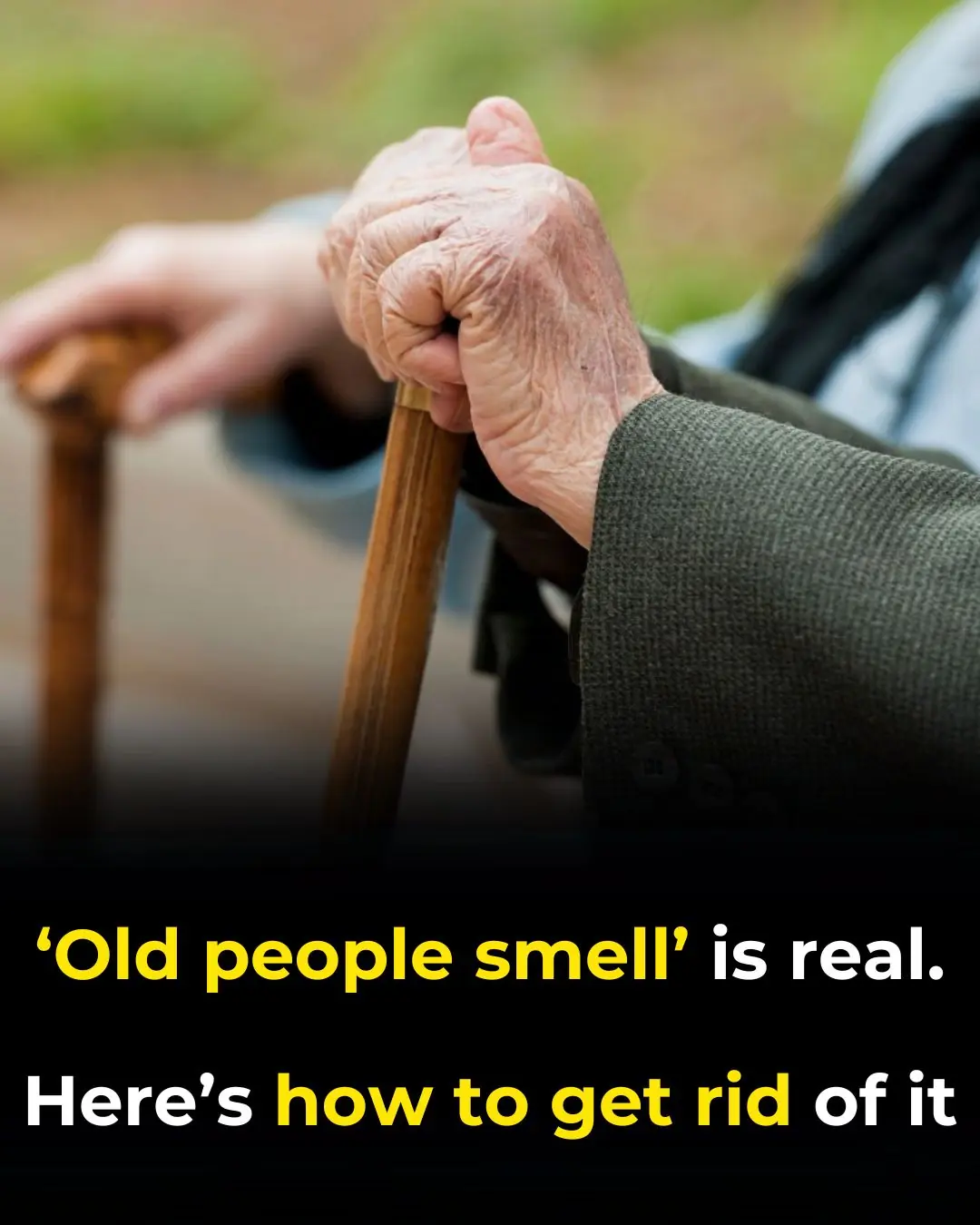
The Truth About “Old Person Smell”: What Causes It And How To Get Rid Of It
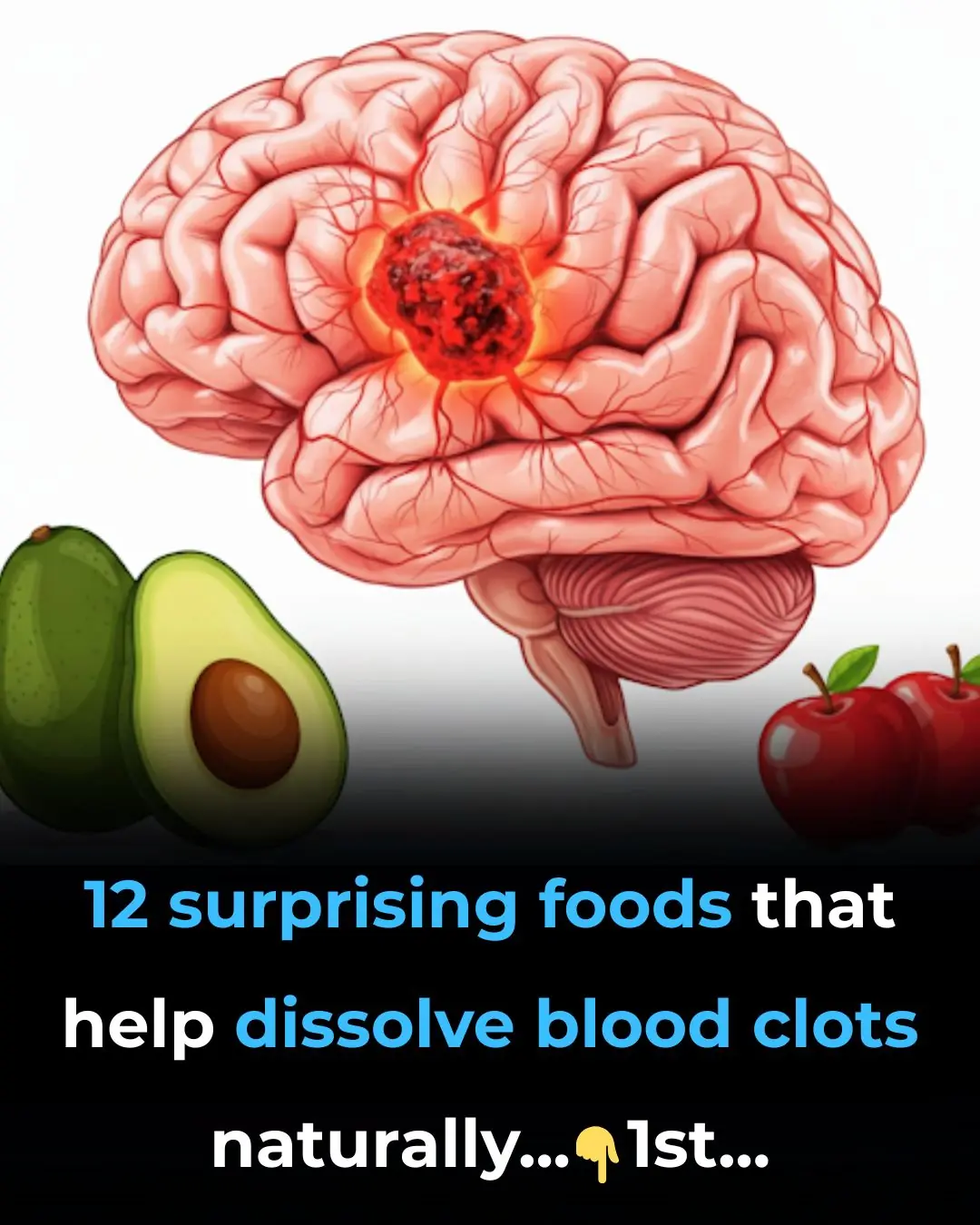
12 surprising foods that help dissolve blood clots naturally

New B::l:ood Pressure Guidelines: 4 Things I Like and 2 Concerns
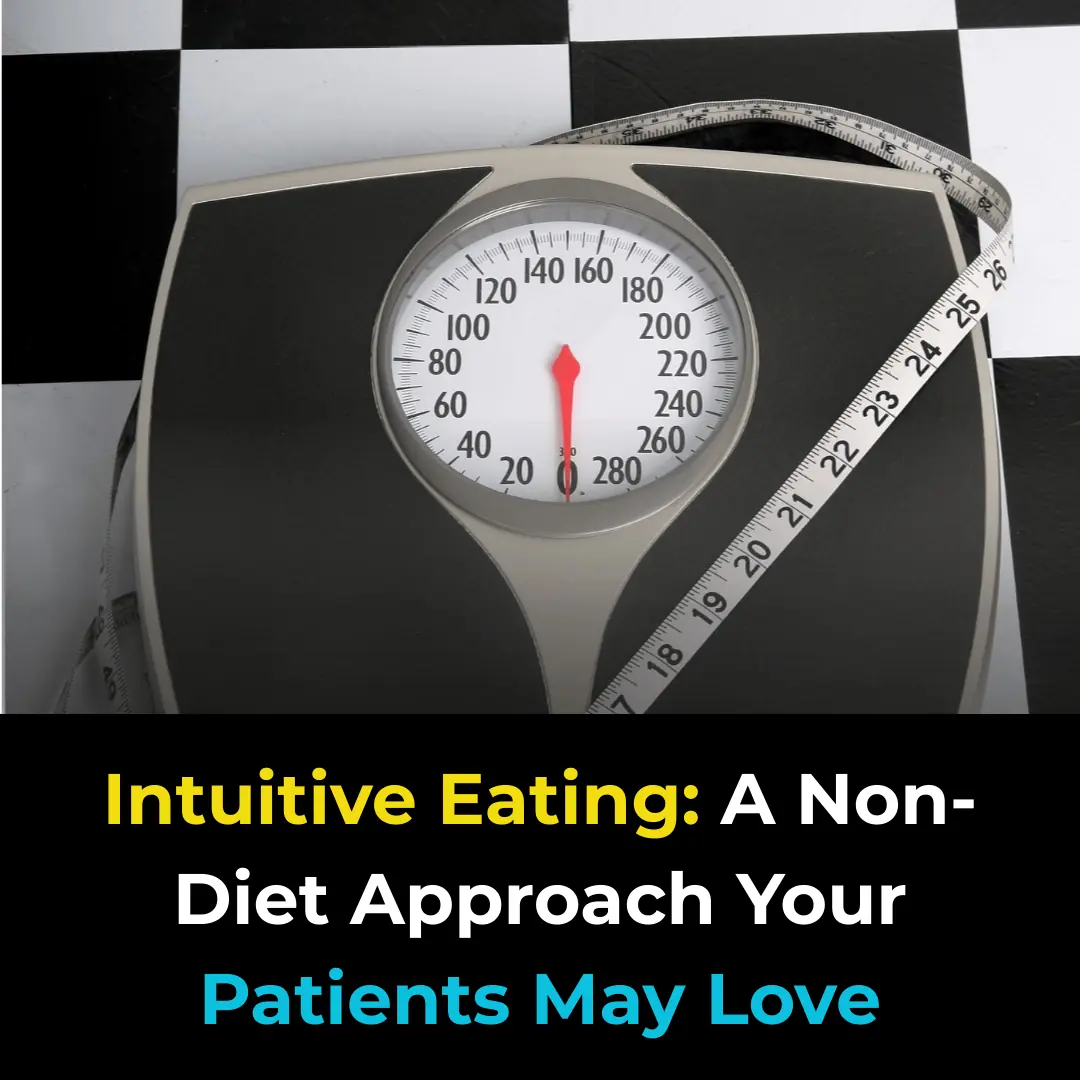
Intuitive Eating: A Non-Diet Approach Your Patients May Love

Global Prevalence of Hidradenitis Suppurativa Approaches 1%
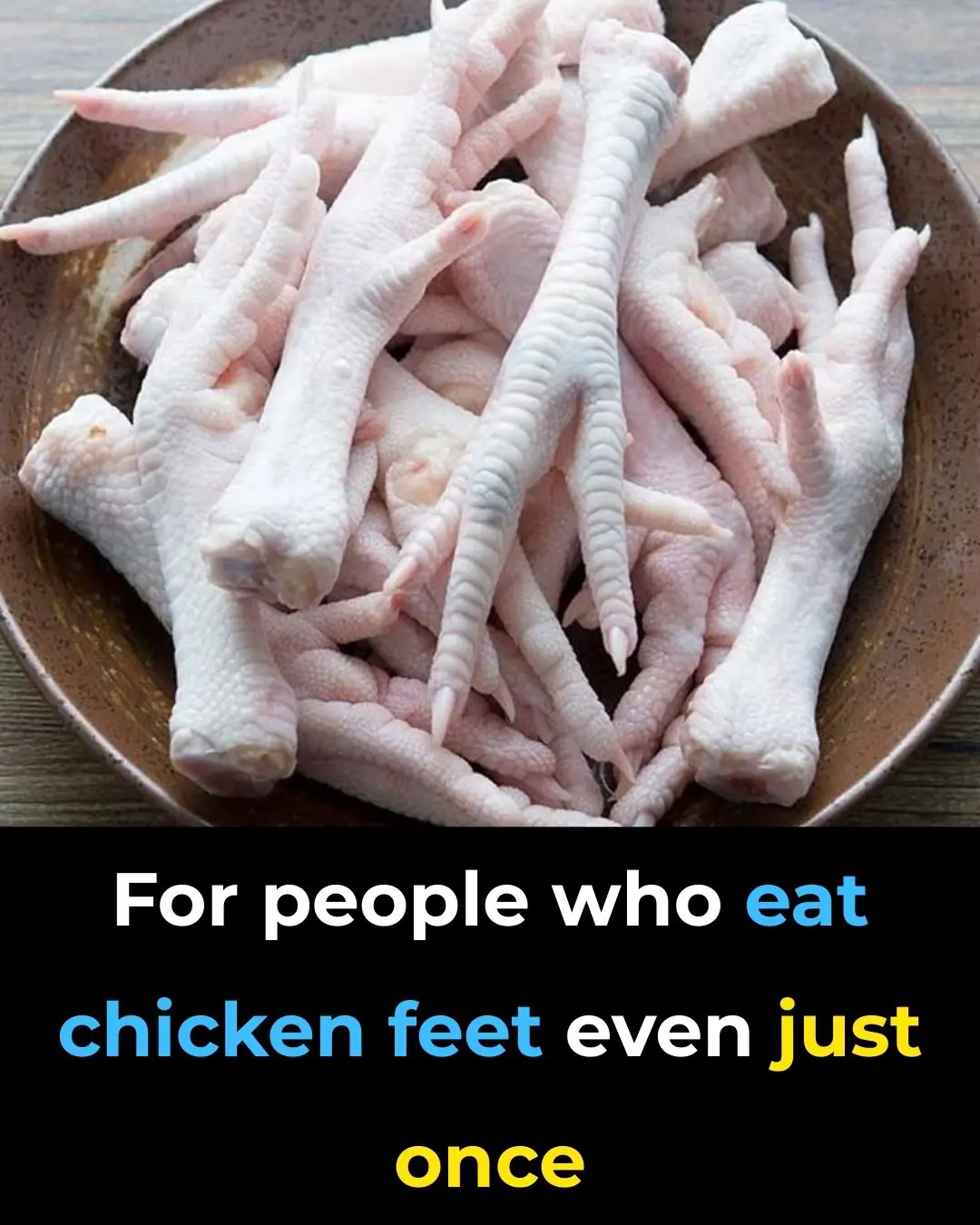
Who Should Avoid Eating Chicken Feet?
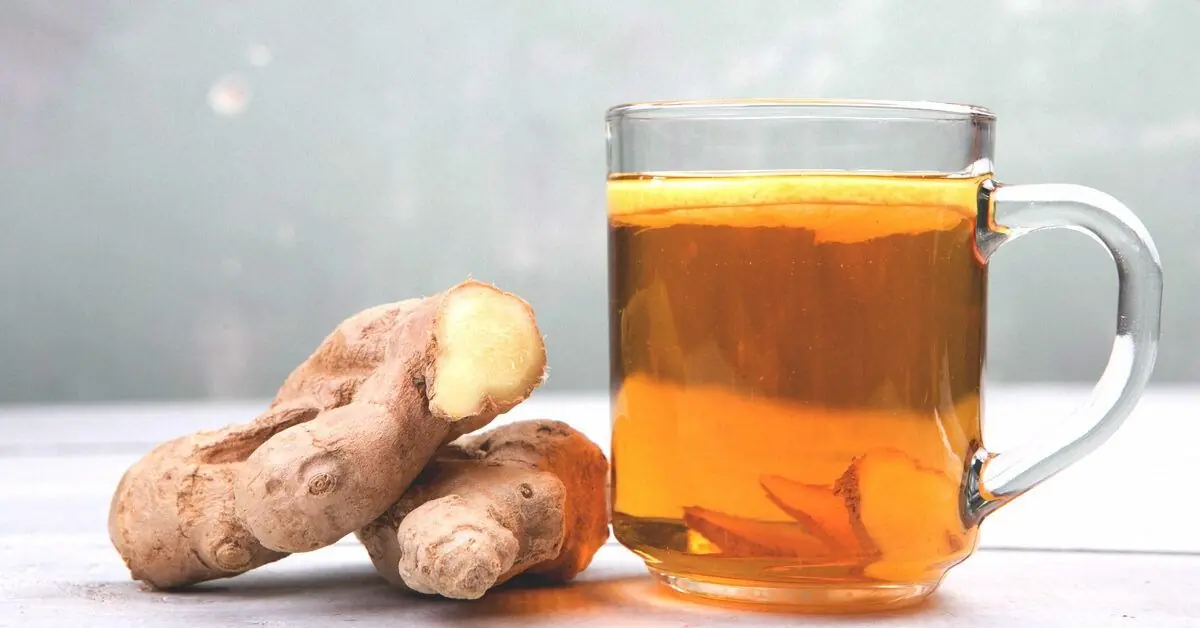
Here’s How To Get Rid of Sinus Infections Naturally, No Antibiotics Required!
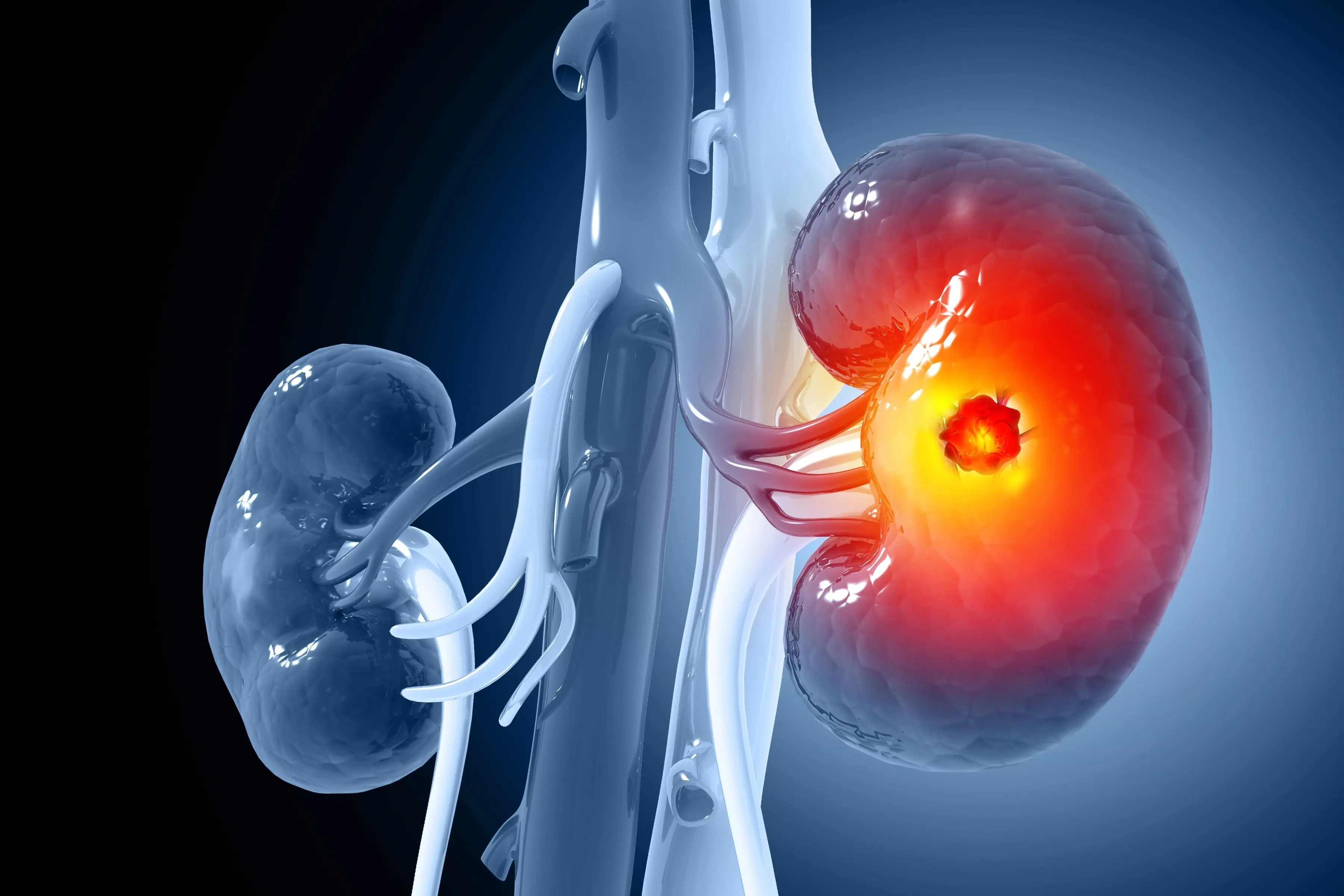
If You’re Experiencing THESE Symptoms, Your Kidneys May Be at Risk
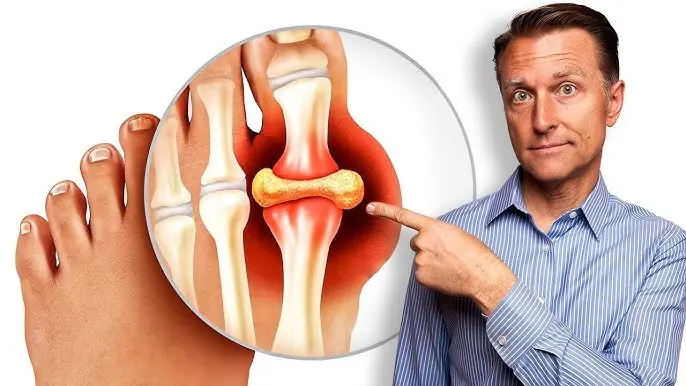
Best Natural Gout Treatments to Remove Uric Acid Crystallization and Prevent Gout And Joint Pain

Commonly Overlooked Signs Your Body Is Starving for Iron
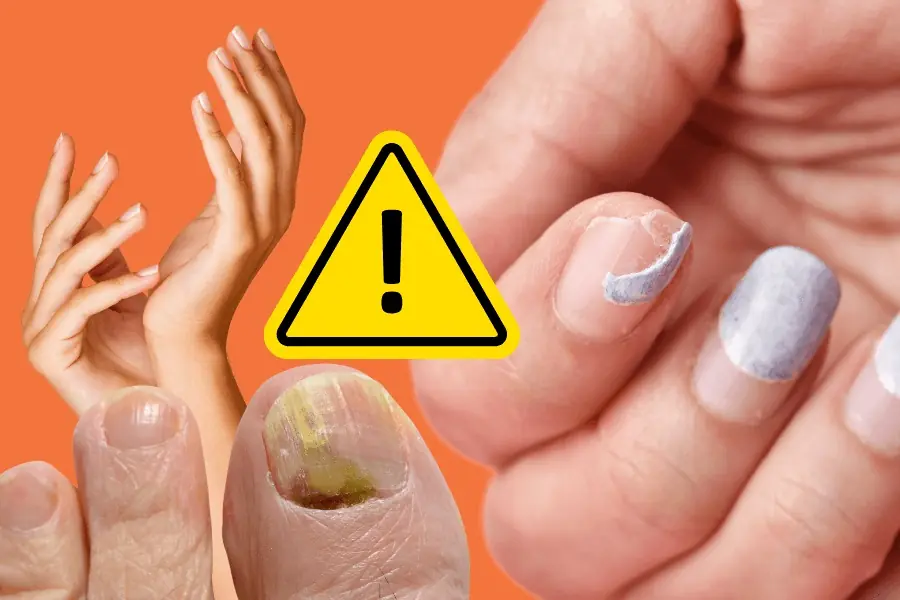
If Your Nails Show These 10 Signs, See a Doctor Immediately

What’s Really Causing Your Leg Cramps at Night and How to Finally Stop Them
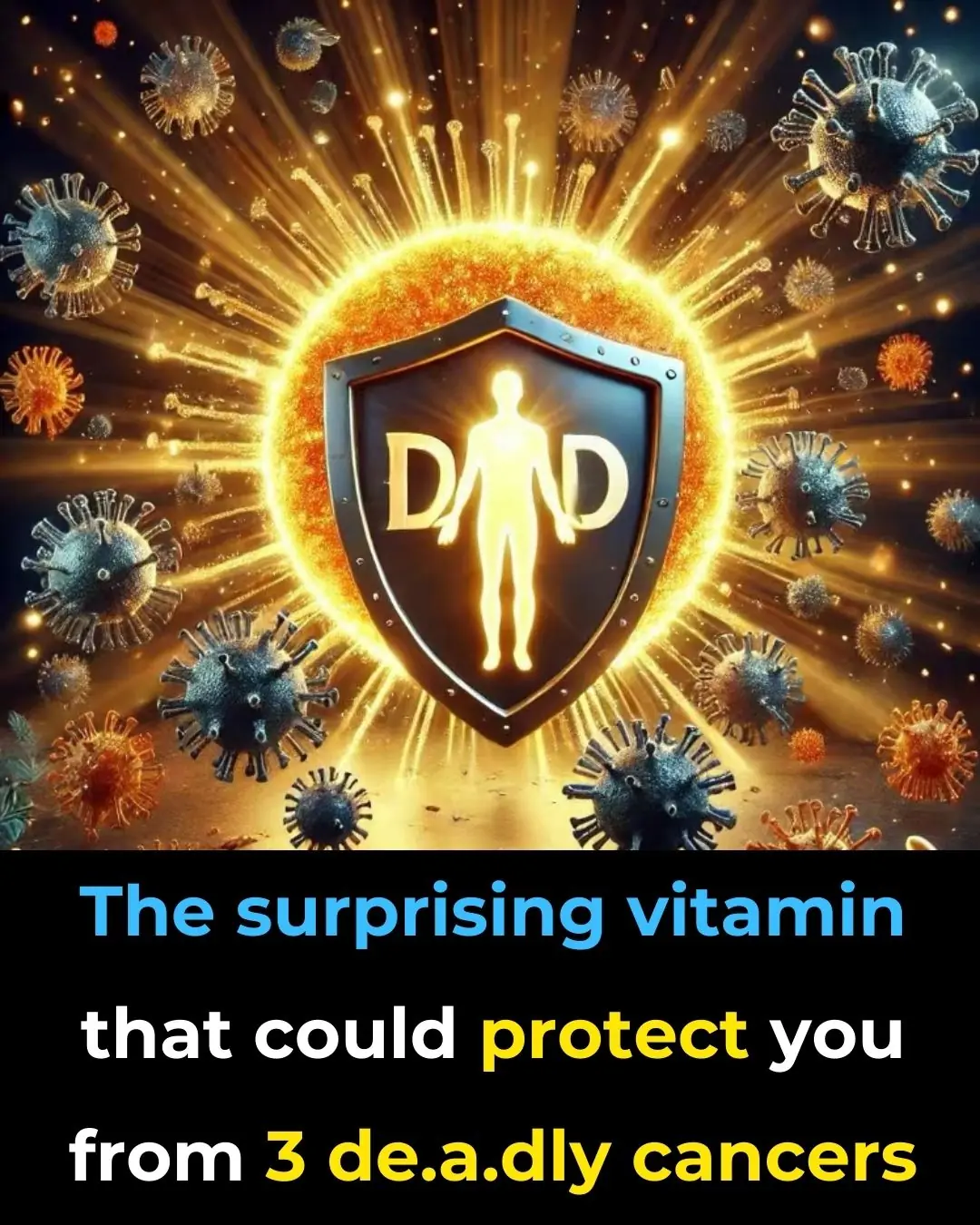
Amazing vitamin can help stop cancer growth and this is how much you need
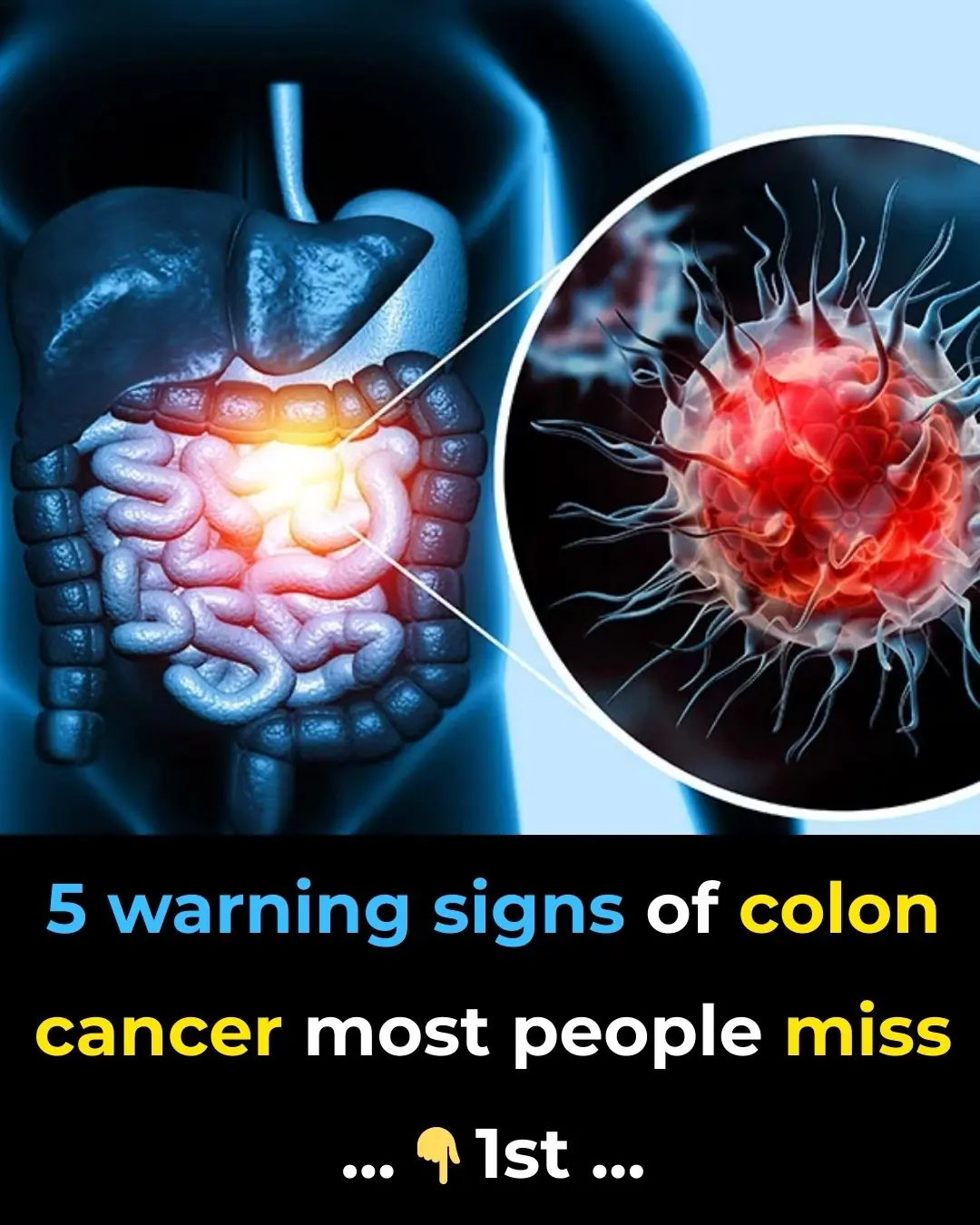
5 Unusual Signs Of Colon Cancer Folks Accidentally Ignore For Years
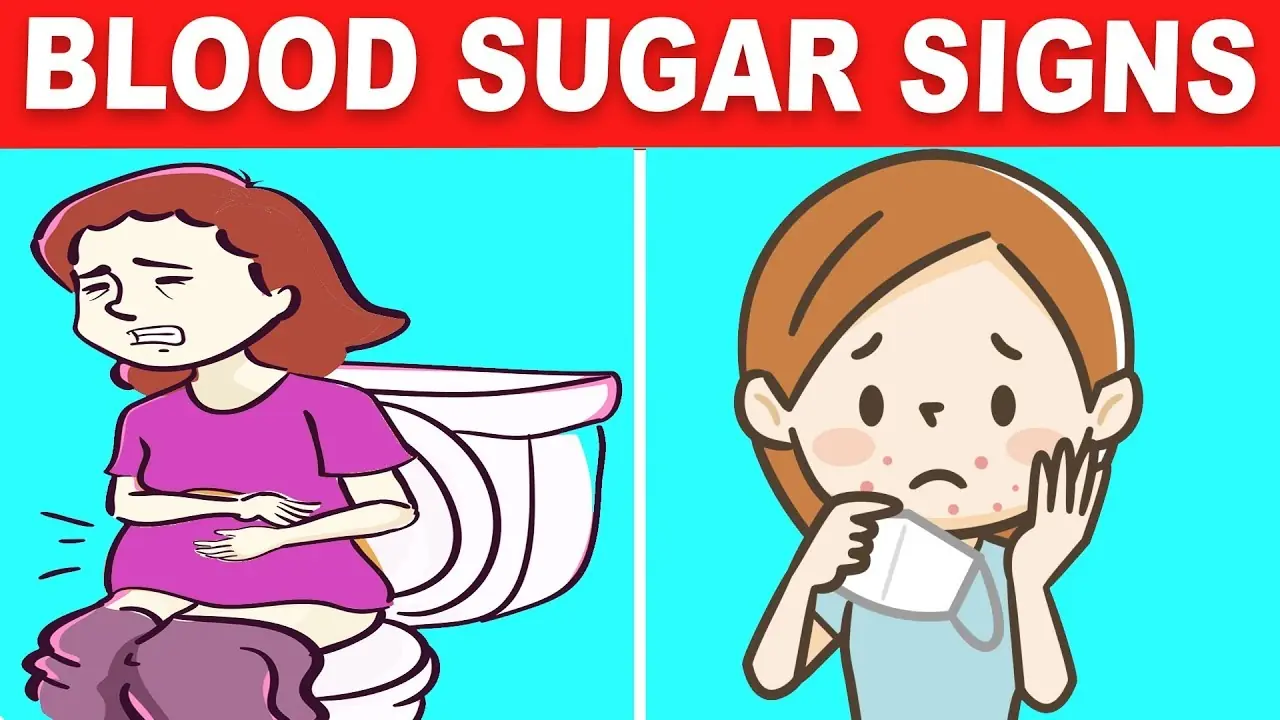
13 Early Warning Signs Your Blood Sugar is SUPER High
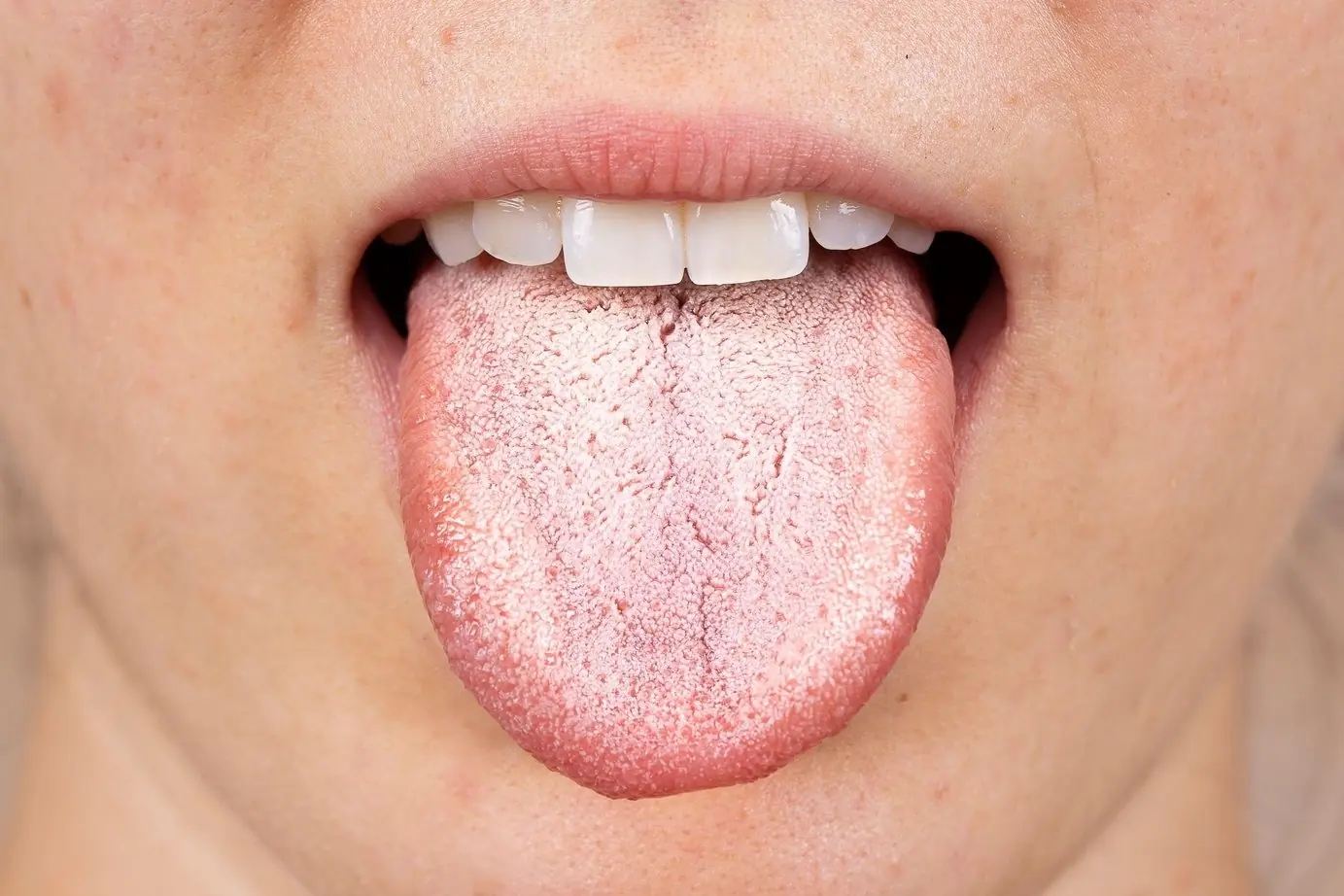
This Hidden Candida Symptom Starts in Your Mouth and Almost Everyone Misses It

This is Why You Always Wake Up in the MIDDLE of the Night (and how to make it STOP)
News Post

1 cup before bed: end restless nights and repair your nerves
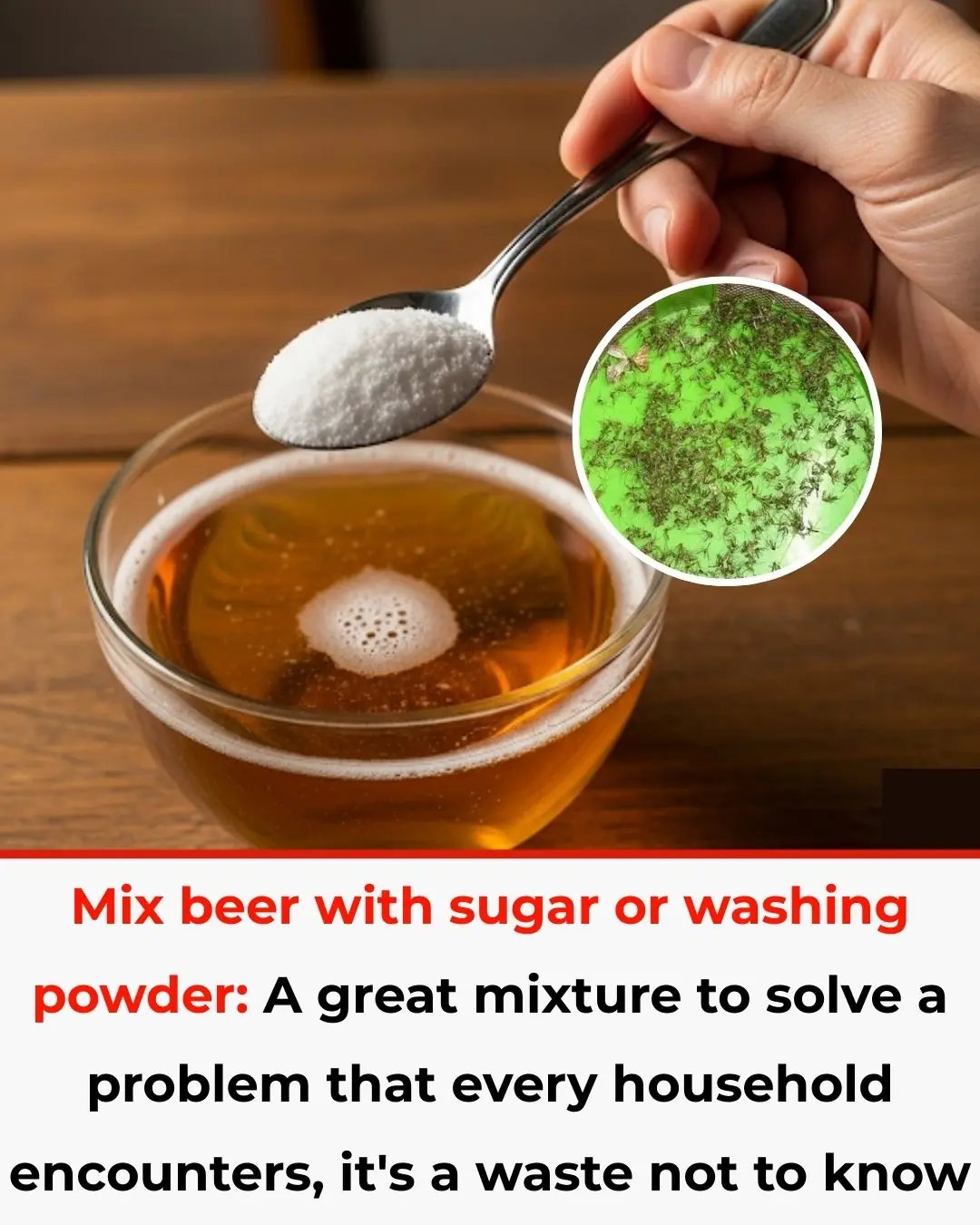
Mixing Beer with Sugar or Detergent: A Brilliant Solution to a Common Household Problem You Shouldn’t Miss
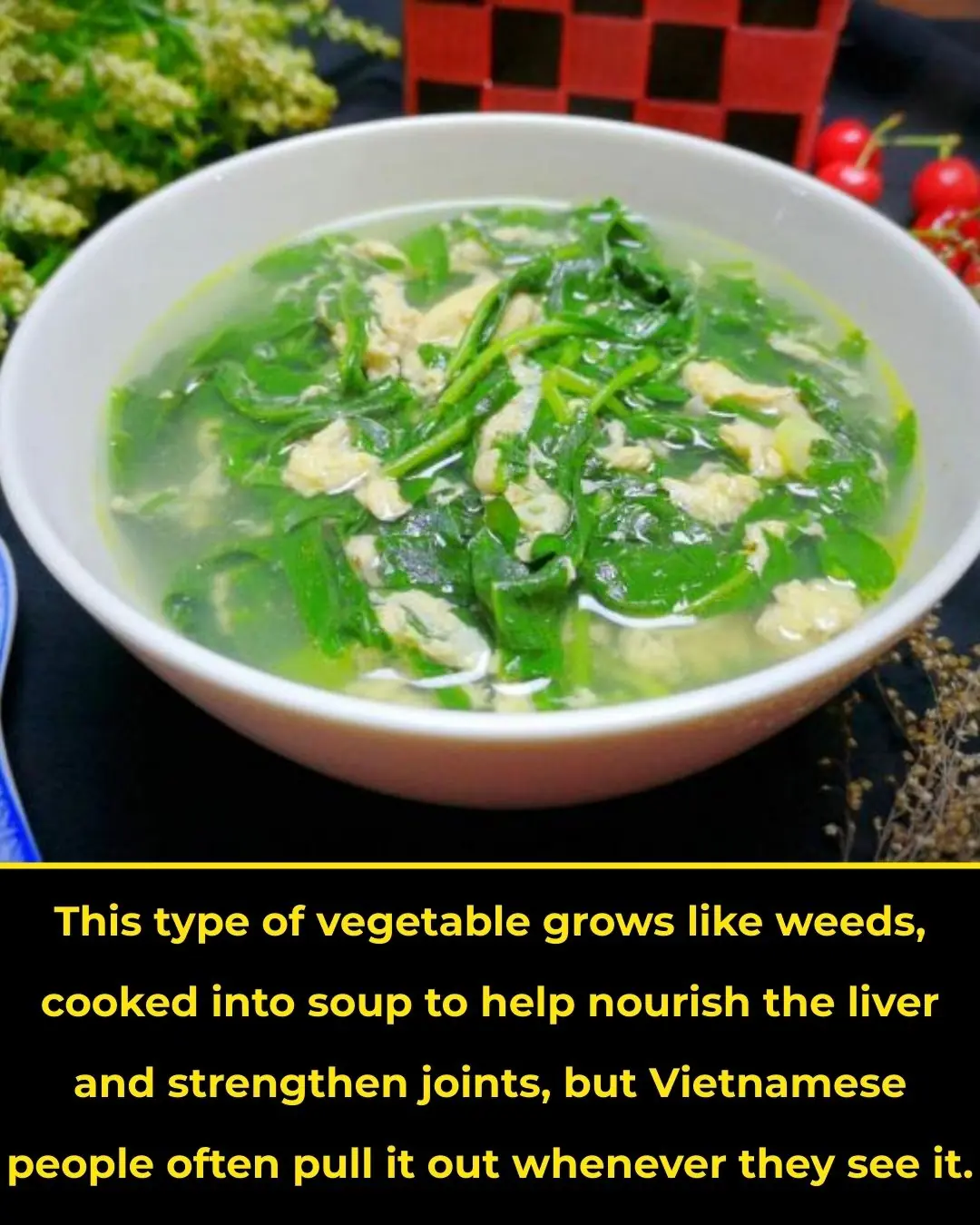
A Wild Herb That Grows Like Weeds, Used in Soups to Nourish the Liver and Strengthen Joints, Yet Most Vietnamese People Always Pull It Out When They See It
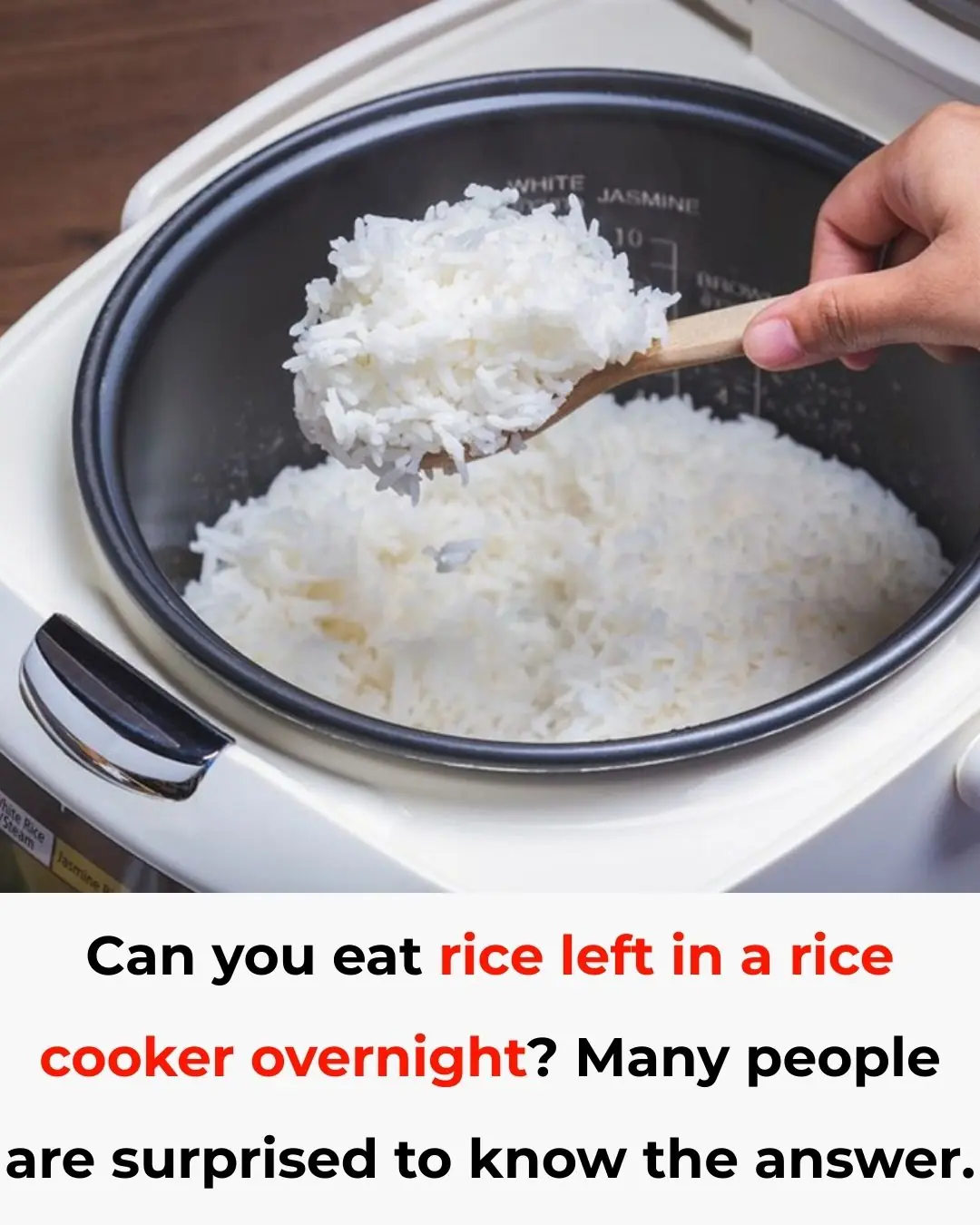
Is It Safe to Eat Rice Left Overnight in a Rice Cooker? A Personal Story and Expert Advice

Unbelievable footage shows moment Ukraine blows up two key Russian bridges using their own mines amid WW3 fears

Preventing Stroke At Any Age: 3 “Don’ts” After Meals—And 4 “Don’ts” Before Bed

Apple’s iPhone Users Are Justifiably Concerned By The New Meaning Of The Orange Dot On Their Screens

The Truth About “Old Person Smell”: What Causes It And How To Get Rid Of It

12 surprising foods that help dissolve blood clots naturally
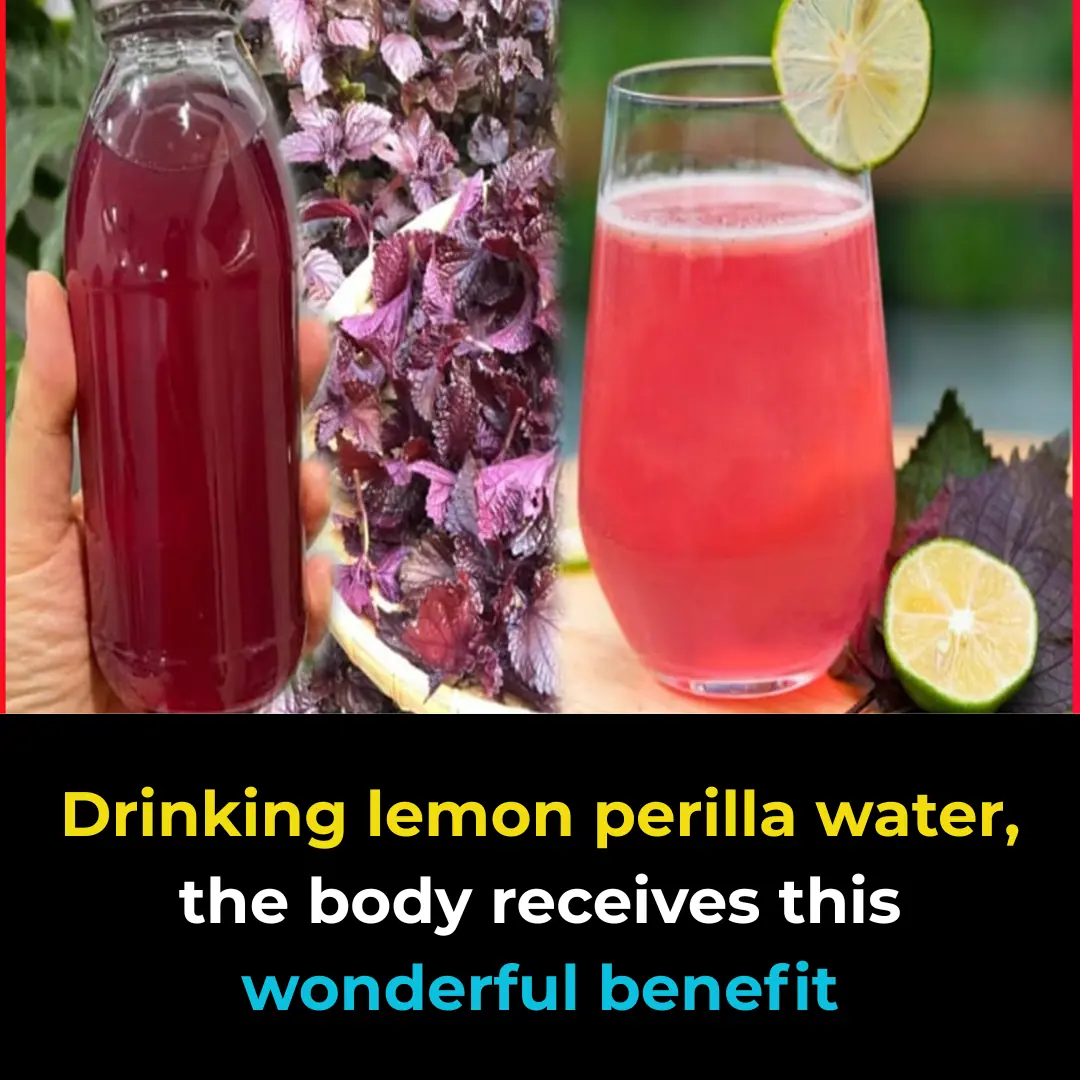
Drinking perilla and lemon leaf tea brings these amazing health benefits to your body
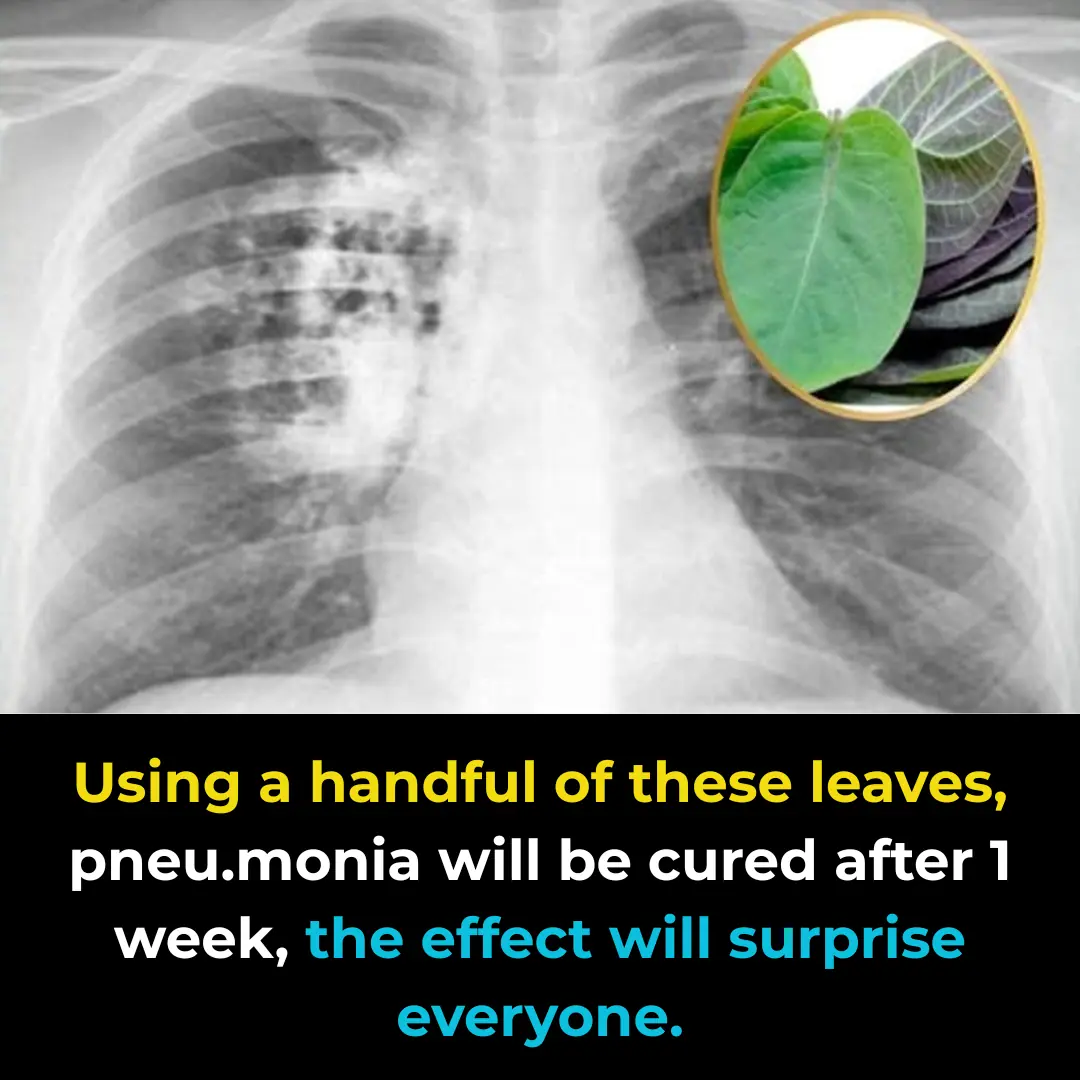
Using just a handful of Paederia foetida leaves, even severe lung inflammation can clear within a week — with results that surprise everyone.

5 Essential Life Skills Children Should Learn Early to Protect Themselves and Help Others

New B::l:ood Pressure Guidelines: 4 Things I Like and 2 Concerns

Intuitive Eating: A Non-Diet Approach Your Patients May Love

Saw This Trick For Oven Cleaning

Global Prevalence of Hidradenitis Suppurativa Approaches 1%

Who Should Avoid Eating Chicken Feet?

Here’s How To Get Rid of Sinus Infections Naturally, No Antibiotics Required!
